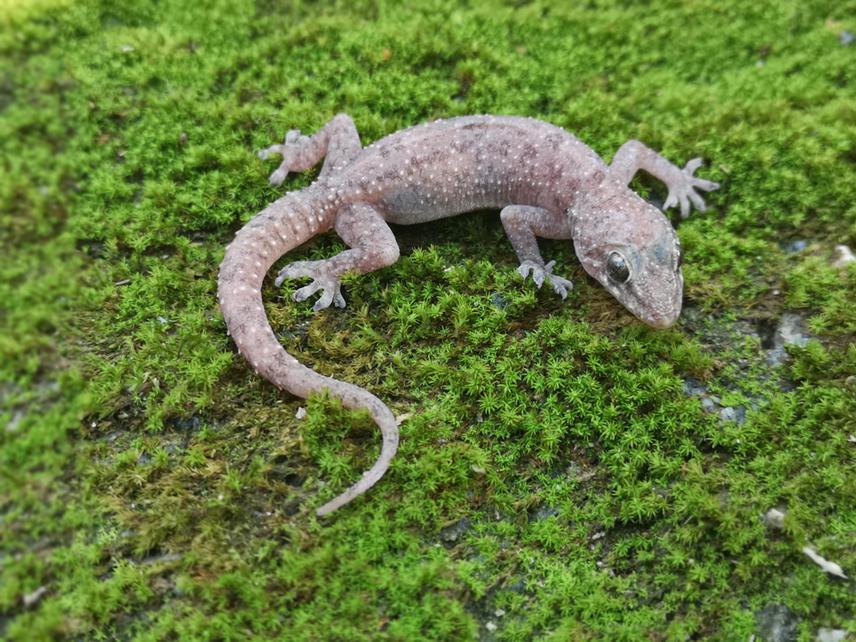Lotanna Micah Nneji
Other projects
17 Jul 2017
Biodiversity Assessment and Conservation of Amphibians and Reptiles of Gashaka Gumti National Park, Nigeria
23 Nov 2022
Enhancing Studies and Sustainable Conservation Actions for Amphibians and Reptiles in Highly Biodiverse and Threatened Nigerian Montane Regions
17 May 2024
Saving the Last Remaining Populations of the Highly Threatened Nigerian Montane Herpetofauna Through Conservation Education and Community Awareness Programmes
Our previous RSG project was first to document the diversity of herpetofauna (amphibians and reptiles) in Gashaka Gumti National Park (GGNP) Nigeria. However, the study showed that information on ecological requirements and impact of climate change, and community-based conservation awareness for herpetofauna in GGNP are lacking. In this current project, our objectives are to:
(1) use field survey and Species Distribution Model to investigate ecological requirements and impact of climate change on herpetofauna,
(2) describe three possibly new species of genus Leptopelis, Ptychadena and Lycophidion documented in our previous RSG project; and
(3) work with local NGO for improved community-based conservation activities

Our previous RSG project was first to create species inventory comprising 18 amphibian and 26 reptile species, with three possibly new herpetofauna (amphibians and reptiles) species of genus Leptopelis, Ptychadena and Lycophidion in Gashaka Gumti National Park (GGNP) Nigeria. Worrisome, we documented alarming threats to herpetofauna due to increased human activities in GGNP. Globally, human activities have led to rapidly changing climate with negative consequences on herpetofauna. Previous studies, for example Bickford et al. (2010), revealed that the current distribution and ecology of herpetofauna closely associate with rainfall and temperature patterns, thus, climate change will have deleterious impacts on its diversity, distribution and survival. Worrisome, the studies of Malcolm et al. (2006) observed that locations/regions within biodiversity hotspots are more sensitive to climate change. Obviously, GGNP- a protected area and also part of Guinean-Congolian biodiversity hotspot- is prone to devastating effects of climate change.
Recently, growing number of studies, using Species Distribution Model, have examined ecological requirements and impacts of climate change on amphibians and/or reptiles, and identified key areas of conservation priorities in South Africa (Mokhatla et al. 2015), China (Duan et al. 2016), North America (Miller et al. 2018), South America (Schivo et al. 2019) etc. To date, no information exists on ecological requirements, impact of climate change and key areas of conservation priorities for herpetofauna of GGNP. Such information is important for formulation of long-lasting conservation policies. It is obvious that the candidate new species and other endemic herpetofauna in GGNP might be lost due to increase in human activities attributed to lack of extensive community-based conservation awareness.
In this current project, the objectives of the study are:
(1) use field survey and Species Distribution Model to investigate ecological requirements and impact of climate change on herpetofauna,
(2) describe three possibly new species of genus Leptopelis, Ptychadena and Lycophidion documented in our previous RSG project, and;
(3) work with local NGO for improved community-based conservation activities.
The result of our ecological research would provide relevant information on ecological requirements and key areas of conservation priorities for herpetofauna of GGNP. The result of this study would therefore serve as a quantifiable evidence-based outcome for persuading management of GGNP to adopt long-term conservation policies for its herpetofauna. Further, the conservation outreach programmes will aid in improving conservation actions for herpetofauna of GGNP.